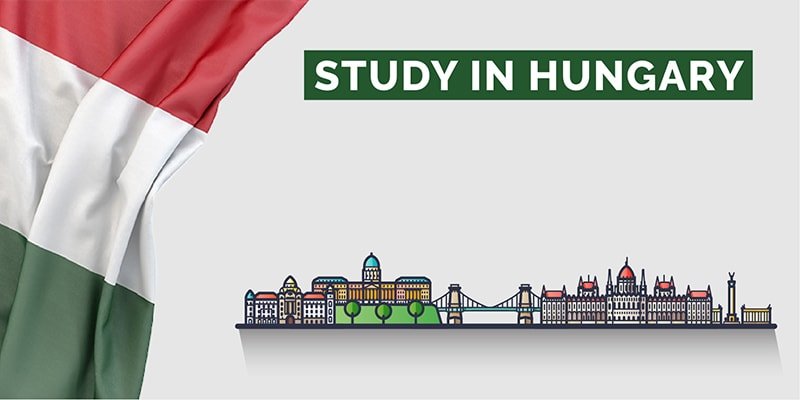Living Costs for International Students in Hungary
- Living costs vary depending on the city and lifestyle, but generally, the monthly costs are estimated as follows:
1.Rent:
- In Budapest: Around 200-400 euros per month for a small apartment or a room in a shared flat.
- In other cities like Debrecen or Szeged: 150-300 euros per month.
2. Food:
- The average cost of food per month is around 150-250 euros, including shopping at markets or eating in budget restaurants.
3. Transportation:
- Monthly public transport ticket: Around 15-25 euros in major cities like Budapest.
4. Activities and Entertainment:
- Entertainment activities like cinema or sports range from 30-50 euros per month.
5. Total:
- In Budapest: 500-800 euros per month.
- In other cities: 400-600 euros per month.
Tuition Fees for International Students in Hungary
- The tuition fees for international students depend on the university and the program. Generally, annual tuition fees range from:
1. Undergraduate Programs (Bachelor’s):
- Between 1,000 to 5,000 euros per year depending on the specialization and university.
- Specializations like engineering and medicine may be higher, while others like social sciences and arts may be lower.
2. Graduate Programs (Master’s and Ph.D.):
- Master’s: Fees range between 2,000 to 6,000 euros per year.
- Ph.D.: Fees range between 1,500 to 4,000 euros per year.
3. Medical Programs (Medicine and Dentistry):
- These are among the most expensive programs in Hungary, with fees ranging from 8,000 to 15,000 euros per year, depending on the university.
- Additional Notes:
- Scholarships: Some Hungarian universities and organizations offer scholarships to international students, which can reduce tuition fees.
- Economic and Engineering Specializations: These are generally less expensive compared to medical programs.
Admission Requirements for International Students:
1. Academic Requirements:
- Bachelor’s: The student must have completed secondary education or its equivalent successfully.
- Master’s: The student must have completed a bachelor’s degree (or its equivalent) in the relevant field.
- Ph.D.: The student must have completed a master’s degree (or its equivalent) in the related field.
2. Language Requirements:
- English-Taught Programs: Most universities offer programs in English, so students must prove their proficiency in English. This can be done by submitting an accepted language test score such as TOEFL or IELTS.
- Some universities may require an English language proficiency test as part of the admission process.
3. Required Documents:
- A copy of the passport.
- Translated academic certificates (e.g., secondary school diploma or bachelor’s degree).
- Transcripts from the last institution attended.
- Letters of recommendation from professors or academic supervisors.
- English language certificate (if available).
- Passport-sized photographs.
- Application fee (varies by university).
4. Online Application:
- Most Hungarian universities provide the option to apply online. The student needs to fill out the online application form and upload the required documents.
5. Visa:
- International students must obtain a student visa before arriving in Hungary. Applications can be made at the
- Hungarian embassy or consulate in the student’s home country.
6. Financial Requirements:
- Students must prove their ability to cover their study and living costs in Hungary. This can be done by submitting a bank statement or a letter from a financial sponsor.
7. Entrance Exams (for certain programs):
- Some programs may require the student to pass an entrance exam or attend an interview, especially in medical or artistic fields.
- These requirements may vary from one university to another, so it’s always advisable to check the specific requirements of the university you are applying to.


 العربية
العربية Türkçe
Türkçe








